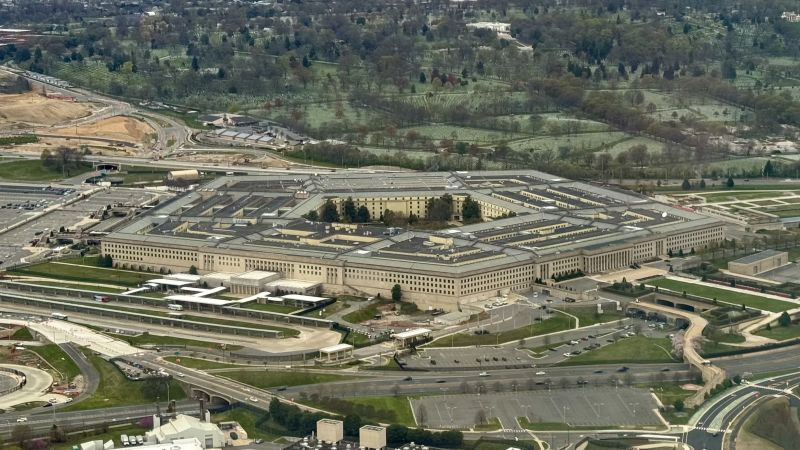A federal judge has ruled that the US military cannot turn away enlistees who have HIV, stating that the Pentagon’s ban on HIV-positive individuals seeking to enlist contributes to stigma surrounding those living with HIV and hampers recruitment goals. The judge emphasized that modern treatment methods have transformed the management of HIV, allowing asymptomatic individuals with undetectable viral loads to perform all military duties, including deployment. The ruling requires the Pentagon to allow civilians with HIV seeking to join the military to demonstrate their ability to serve and permit their enlistment.
HIV is not easily transmitted to others and can’t be spread through methods like saliva, sweat, or sharing a bathroom. Antiretroviral therapy can suppress HIV levels in the body to the point where they can’t be detected, making it impossible to transmit the virus through sex or sharing needles. The Pentagon’s policies regarding HIV-positive individuals have faced legal challenges in recent years, with previous rulings striking down bans on HIV-positive individuals joining as officers or deploying abroad. Subsequently, Defense Secretary Lloyd Austin issued a memo stating that HIV-positive individuals would no longer automatically be excluded from military service in leadership roles or overseas deployments.
The challenge to the enlistment policy was brought by three HIV-positive individuals who were prevented from joining or rejoining the military due to the now-dismissed policy. One of the plaintiffs, Isaiah Wilkins, was serving in the Georgia National Guard when he discovered his HIV-positive status while trying to enlist in the Army Reserve. Wilkins expressed his satisfaction with the ruling, stating that it is a victory not only for him but for others living with HIV who want to serve in the military. He emphasized that giving up on his dream to serve his country was never an option and expressed his eagerness to apply for enlistment in the Army without facing discriminatory policies.
The Pentagon had defended its policy by arguing that caring for HIV-positive service members would create financial burdens for the Defense Department and that deployment could lead to individuals experiencing viral rebound if they don’t adhere to their medication regimens. However, the judge’s ruling invalidates these arguments and emphasizes the importance of providing equal opportunities for HIV-positive individuals who are capable of serving in the military. The Defense Department did not immediately respond to a request for comment on the ruling, highlighting the ongoing legal battles and discussions surrounding the inclusion of individuals with HIV in the armed forces.













